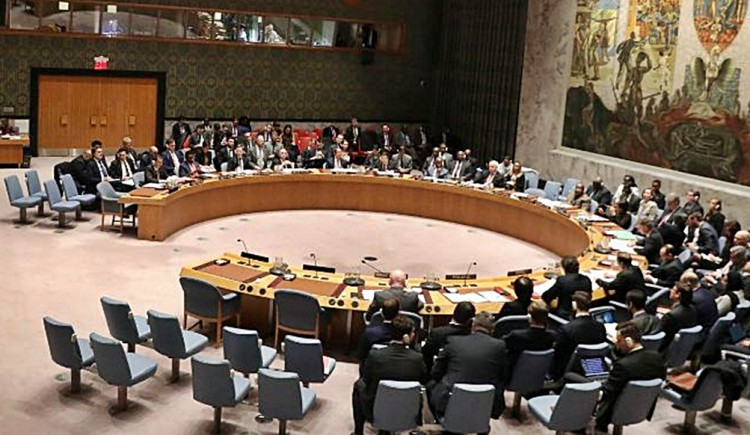The rest of the world – especially Europe – is expected to ignore a unilateral move by the U.S. to re-impose sanctions against Iran despite the UN Security Council rejecting such a move last month.
Acting alone, the Trump administration reapplied sanctions Saturday targeting Iran's oil, banking and transportation sectors. It also threatened more action to stop what is says are Iran's "outlaw" policies
The snapback sanctions will hit 50 Iranian banks; more than 200 individuals; Iranian ships and Iran Air (the country's national airline and more than 65 of its aircraft), said the U.S. Department of the Treasury.
Treasury said it had added some 300 new designations on individuals and entities, and targeted more subsidiaries of Iranian companies than before. It said the new set of sanctions is designed to force Iran's main customers to stop buying its oil.
The Trump administration also gave temporary exceptions to eight importers (China, India, Greece, Italy, Taiwan, Japan, Turkey and South Korea) allowing them to keep buying oil from Iran.
Other countries previously rejected Trump's claim he can re-impose UN sanctions lifted under the Joint Comprehensive Plan of Action (JCPOA) despite his withdrawing from the Iran nuclear deal on May 18, 2018. Trump's unilateral withdrawal means the U.S. is no longer part of the deal and can't enforce any of its provisions.
The other signatories to the JCPOA won't recognize Trump's illegal snapback sanctions. Trump claims otherwise. The other signatories to the JCPOA are China, France, Russia and the United Kingdom plus Germany and the European Union.
Experts have said Trump's unilateral effort will further alienate the U.S. from its major European allies: Germany, France and the United Kingdom.
These three countries and other European nations that continue to back JCPOA said they oppose Trump's reapplication of sanctions and its calls for a snapback. Their opposition isn't a surprise. In early June, all three publicly said they won't back the Trump administration's efforts to unilaterally trigger the snapback.
Trita Parsi, executive vice president of the Quincy Institute, said there is a strong case to be made the U.S. cannot trigger snapback since it no longer is a participant in the JCPOA.
An attempt by the Trump administration to compel the United Nations Security Council to extend the conventional arms embargo against Iran failed miserably in the UN Security Council inmid-August. Of the five permanent members and 10 temporary members of the Security Council that voted on the snapback, only the Dominican Republic supported Trump.
For months, members of the Security Council brushed aside persistent efforts by the Trump administration to goad them into supporting its call to extend the arms embargo.






